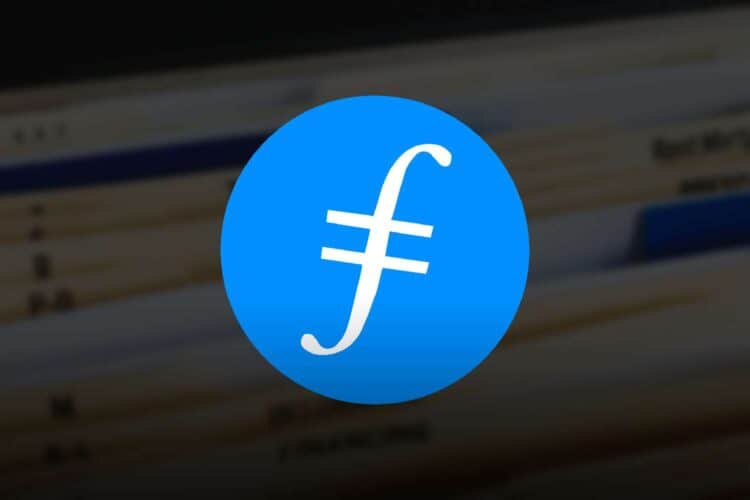In recent years, the demand for decentralised storage networks has increased significantly due to the increasing number of applications that require secure, reliable, and efficient storage.
Filecoin is a decentralised storage network designed to provide a secure and efficient platform for data retrieval and distribution. In this article, we will explore the Filecoin network, its architecture, and how it works to provide reliable and decentralised storage.
Overview of Filecoin
Filecoin is a decentralised storage network that was launched in 2017 by Protocol Labs. The network uses blockchain technology to create a decentralized marketplace for storage providers and users.
The network provides a more reliable and efficient storage solution than traditional cloud storage providers by ensuring that data is stored redundantly across multiple nodes in the network.
Filecoin Architecture
The Filecoin network consists of two main components: the Filecoin blockchain and the Filecoin storage layer. The Filecoin blockchain is a public ledger that records all transactions on the network, including storage and retrieval deals.
The blockchain is secured using proof-of-work consensus, which ensures that the network is secure and resistant to attacks.
The Filecoin storage layer is where data is stored and retrieved. Storage providers offer their unused storage capacity to the network, and users can purchase storage space from these providers.
The storage layer uses a unique incentive system to ensure that providers offer high-quality storage services. Providers are rewarded with Filecoin tokens for offering reliable and efficient storage, while users are charged for the storage they use.
How Filecoin Works
Filecoin works by creating a marketplace for storage providers and users. Providers offer their unused storage capacity to the network, and users can purchase storage space from these providers.
When a user wants to store data on the network, they create a storage deal with a storage provider. The deal includes the amount of storage required, the duration of the storage, and the amount of Filecoin tokens required to pay for the storage.
Once the deal is created, the user sends their data to the storage provider, who stores it on their unused storage capacity. The data is stored redundantly across multiple nodes in the network to ensure that it is always available for retrieval. When the user wants to retrieve their data, they create a retrieval deal with a storage provider.
The deal includes the amount of data to be retrieved and the amount of Filecoin tokens required to pay for the retrieval.
Once the deal is created, the storage provider retrieves the data from their storage and sends it back to the user. The user can then access their data as needed.
The storage provider is rewarded with Filecoin tokens for providing reliable and efficient storage services, while the user is charged for the storage they use.
Advantages of Filecoin
One of the main advantages of Filecoin is its decentralised architecture. The network is not controlled by any single entity, which ensures that it is resistant to censorship and attacks.
The network also provides a more reliable and efficient storage solution than traditional cloud storage providers by ensuring that data is stored redundantly across multiple nodes in the network.
Another advantage of Filecoin is its unique incentive system.
Providers are rewarded with Filecoin tokens for offering reliable and efficient storage services, which ensures that the network is always operational and that data is always available for retrieval. Users are also charged for the storage they use, which ensures that the network is sustainable and self-sufficient.
Conclusion
In conclusion, Filecoin is a decentralised storage network that offers a new and innovative approach to data storage and distribution. With its unique features and benefits, it has the potential to revolutionize the way we store and access data.
As more and more users and businesses embrace this technology, we can expect to see an even greater demand for decentralized storage solutions in the future.
By understanding the advantages of Filecoin and how it works, we can make informed decisions about whether or not to use it for our data storage needs. Overall, Filecoin is a promising platform that has the potential to shape the future of data storage and retrieval.






